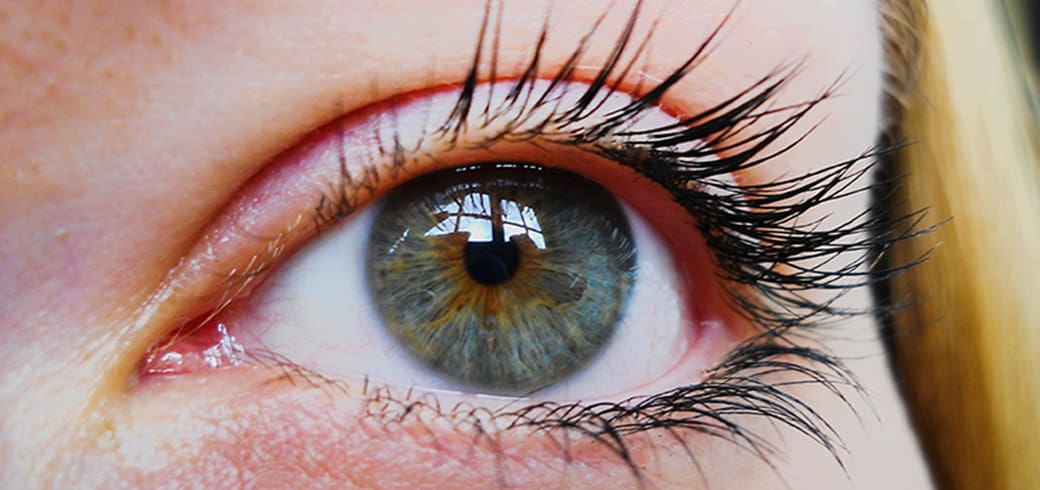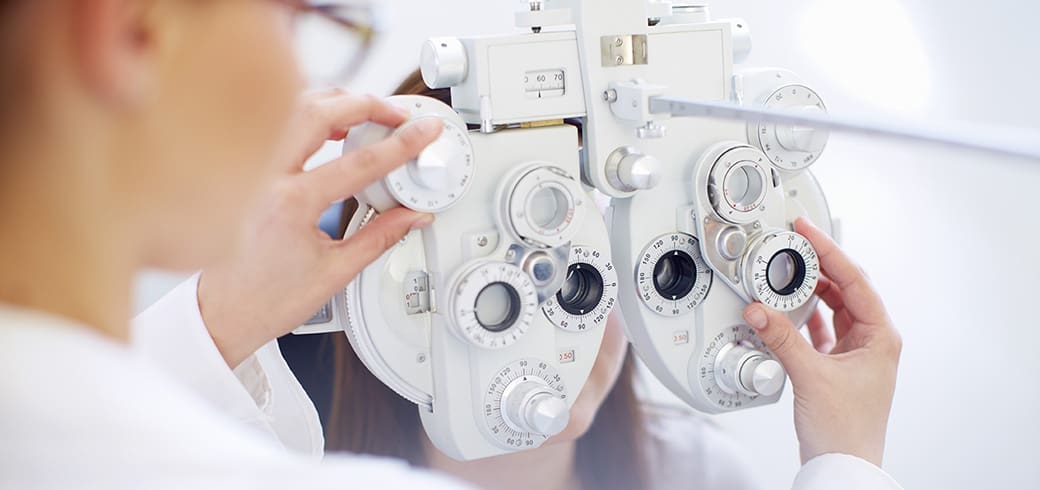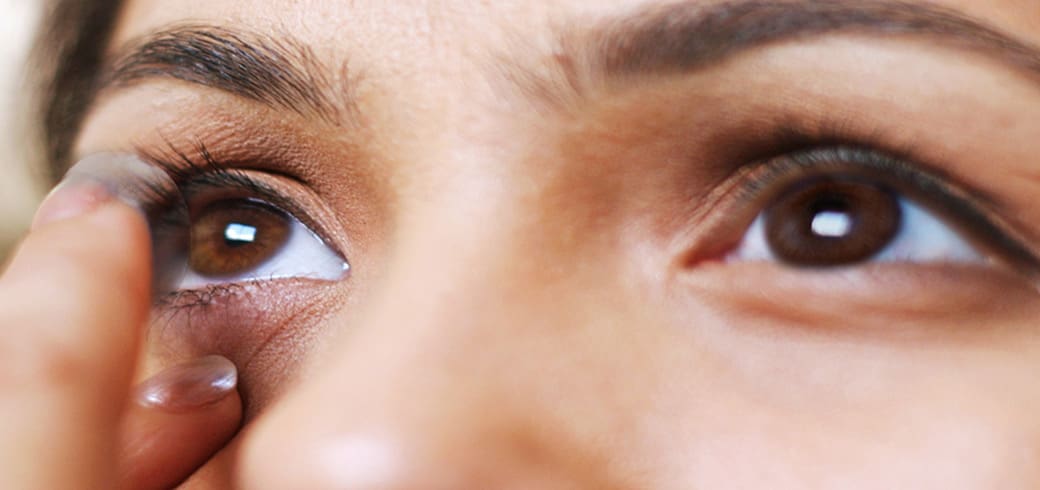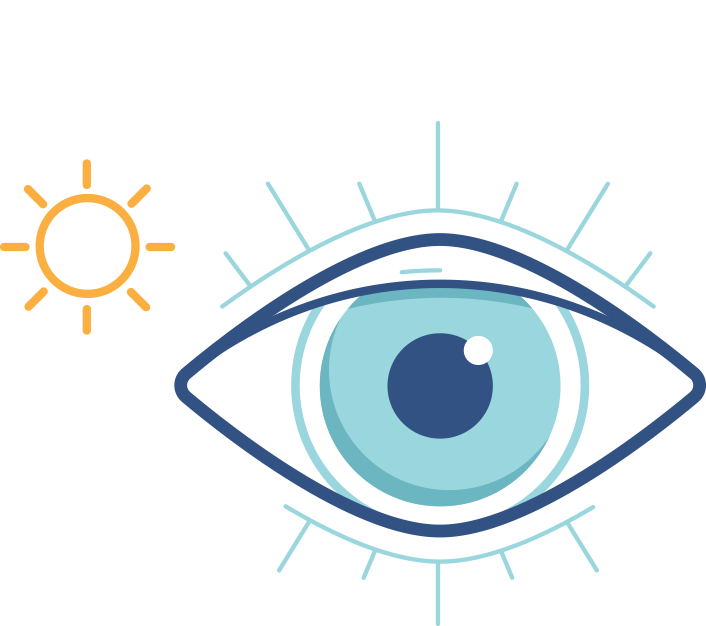แสงแดดมีผลกับดวงตาอย่างไร
แม้ว่าในวันที่มีเมฆมาก ก็จำเป็นต้องป้องกันดวงตาจากรังสียูวีที่มาจากแสงแดด
ควรใช้คอนแทคเลนส์
ที่มีส่วนผสมของสารที่ป้องกันรังสียูวีได้
เมื่อดวงตาเราต้องเจอกับแสงแดด การป้องกันจึงเป็นสิ่งสำคัญ
การสวมแว่นกันแดด หรือ ใส่หมวก สามารถช่วยป้องกันรังสียูวีได้ แต่ก็ไม่สามารถป้องกันได้ทั้งหมด
รังสียุวี สามารถเล็ดลอดผ่านแว่นกันแดดได้ ดังนั้น ถ้าใส่คอนแทคเลนส์ที่มีคุณสมบัติป้องกันรังสียุวีได้ คอนแทคเลนส์จะคลุมทั้งตาดำดังนั้นจึงสามารถป้องกันรังสียูวีได้ตลอดระยะเวลาที่ใส่คอนแทคเลนส์
ควรเลือกคอนแทคเลนส์ที่มีส่วนผสมของสารป้องกันรังสี UV
1 Sliney, David H. Intraocular and Crystalline Lens Protection From Ultraviolet Damage. Eye & Contact Lens July 2011; 37: 250–258. 2. Sasaki H, Sakamoto Y, Schnider C et al. UV-B exposure to the eye depending on solar altitude. Eye & Contact Lens 2011;37:4 191-195. 3. Schnider C, Sasaki H, Sakamoto Y et al. UV Danger in the UK? U Bet! BC:A 2010 Conference presentation abstract. 4. Kwok LS, Daszynski DC, Kuznetsov VA, Pham T, Ho A, Coroneo MT. Peripheral light-focussing as a potential mechanism for phakic dysphotopsia and lens phototoxicity. Ophthalmic Physiol Opt 2004;24(2):119-29.
**All ACUVUE® Brand Contact Lenses have Class 1 or Class 2 UV-blocking to help provide protection against transmission of harmful UV radiation to the cornea and into the eye. UV-absorbing contact lenses are NOT substitutes for protective UV-absorbing eyewear such as UV-absorbing goggles or sunglasses because they do not completely cover the eye and surrounding area.
WARNING: UV-absorbing contact lenses are NOT substitutes for protective UV-absorbing eyewear such as UV-absorbing
goggles or sunglasses because they do not completely cover the eye and surrounding area. You should continue to use UV-absorbing eyewear as directed. NOTE: Long-term exposure to UV radiation is one of the risk factors associated with cataracts. Exposure is based on a number of factors such as environmental conditions (altitude, geography, cloud cover) and personal factors (extent and nature of outdoor activities). UV-blocking contact lenses help provide protection against harmful UV radiation. However, clinical studies have not been done to demonstrate that wearing UV-blocking contact lenses reduces the risk of developing cataracts or other eye disorders. Consult your eye care practitioner for more information.










